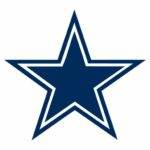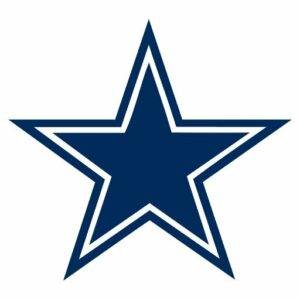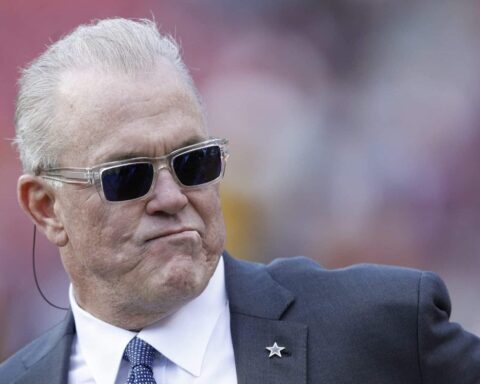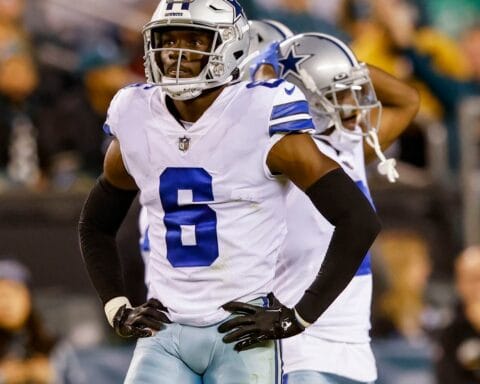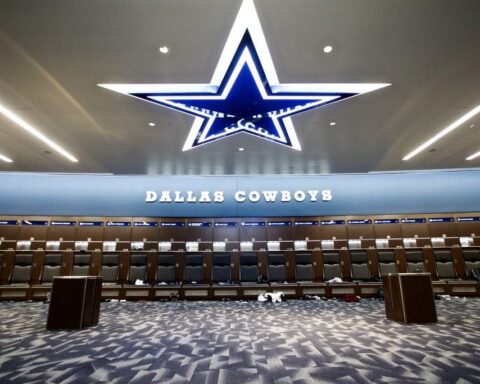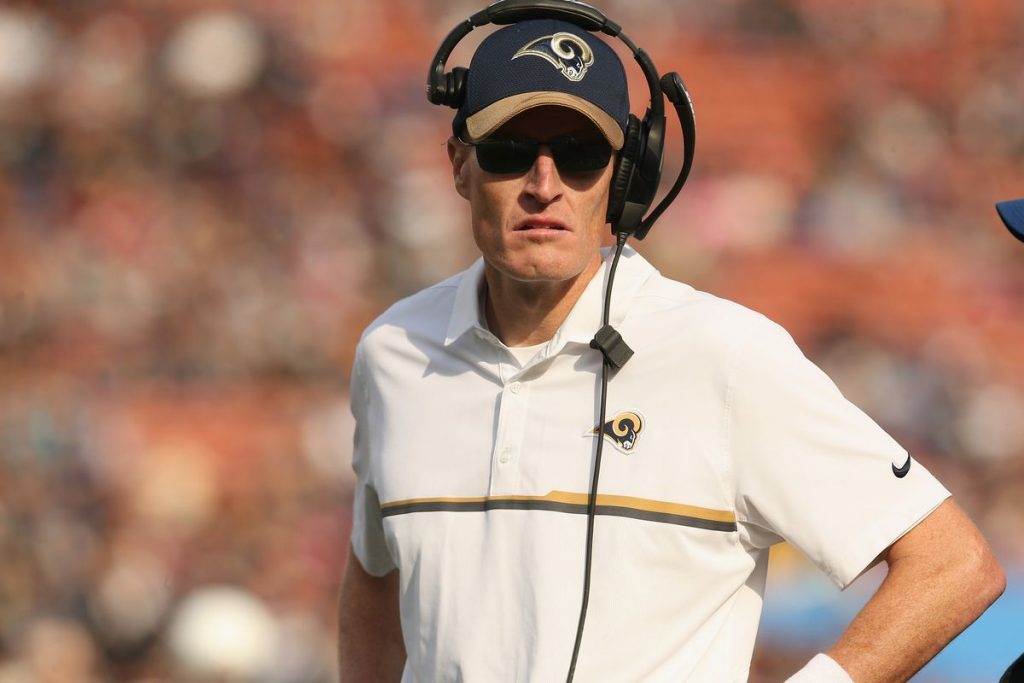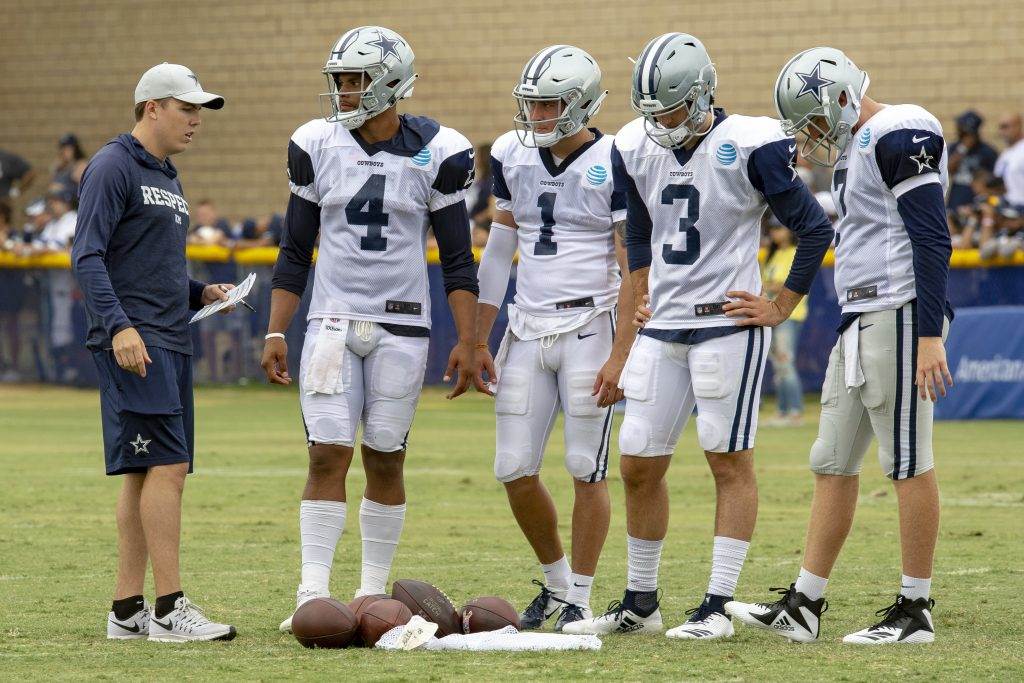The NFL and NFLPA just finished months of negotiations to get a new CBA in place in March, but it looks like they’ll be returning to the negotiating table pretty soon. At least, they’ll be doing virtually. While a September regular season kickoff paints a promising picture of having football return without any speed bumps in the way, league and union must agree on how will they adapt the economics of the game in response to the current COVID-19 pandemic.
NFL Network’s reporters Ian Rapoport, Mike Garafolo, and Judy Battista recently reported that there are multiple sources that acknowledge negotiations would have to take place to figure out what’s in store for the league’s salary cap since there will be a limited amount of fans (if at all) in stadiums when the season begins.
However, what’s most interesting about the report is that it sounds like both sides would have to have a deal in place before the 2020 season to consider playing this year.
There is no deadline set for said agreements to be reached, but according to the report, hope is they are done before training camps take place in late July. While many sports are having trouble returning to their usual activities, the NFL has the advantage of having time on their side, even though they must be careful about letting it slip through their fingers.
Last week, I wrote about these potential salary cap issues and how the league should be learning from Major League Baseball’s current disastrous negotiations to return. Right now, the clock is ticking for baseball to return and players and owners seem miles apart in their current negotiations. If football wants to ensure a comeback, it’s time to hit the negotiation tables as soon as possible.
However, it’s important to note there’s a key difference in football’s economic situation than baseball’s. But first, let’s talk about what the actual problem would be as far as the NFL’s salary cap is concerned and why a deal must be reached in the first place.
The league’s salary cap is calculated on expected revenue as well as the prior year’s earnings. Remember, the players and owners are basically “partners” as they split the league’s revenue. 48% of the revenue goes to the players, hence the cap.
If fans can’t be in the stands when the season begins, or only a limited number of fans is allowed, the revenue in 2020 is bound to decrease dramatically. In fact, it is believed that approximately one-third of the revenue would be lost, representing about three to four billion dollars.
Even if it doesn’t affect teams in 2020, it will undoubtedly impact the game in 2021 when the salary cap is adjusted. What will happen with free agency? How will veterans be impacted if teams need to make room in their cap due to its decrease?
Somehow, someway, it’s important for the league and the union to reach a deal defining how they can make an extraordinary adjustment. That could mean a lot of things, according to Rapoport, Garafolo, and Battista. Teams could borrow money from the much anticipated new TV deals, or they could temporarily forget about performance-based payments.
But there’s an elephant in the room we also need to address. After signing on a new CBA just weeks ago, will the league dare to suggest players take a pay cut? I’m sure league officials won’t be raising their hand to volunteer asking the union for players to do it, but someone will likely have to.
It’s highly unlikely the players agree to that, and rightfully so. After all, they just agreed on a new CBA. They are not the owners, why would they “share the pain” of a hit on revenues in 2020. Owners, just like in any business, should be more exposed to risk.
But there are arguments to be made in favor of the cuts, especially those based on how many players around the league could be released if teams need to adapt to a reduced salary cap.
To look at things from a glass-half-full perspective, let’s get back to that key difference we mentioned between baseball and football’s economics. In baseball, there’s no salary cap. Owners are fine with finding excuses to pay the players less.
However, a salary cap in the NFL will likely have owners and players on the same side when discussing how to avoid a big drop in their team’s caps. After all, they already have a ton of players under contracts and negotiations taking place. Surely, they don’t want the cap to drop dramatically, either.
If a 2020 NFL season is to be played, it’s very important both sides reach an agreement on how to handle the situation as soon as possible. Right now, not having football looks like a distant scenario, but if players and owners struggle to get on the same side quickly, things might not be as simple.
